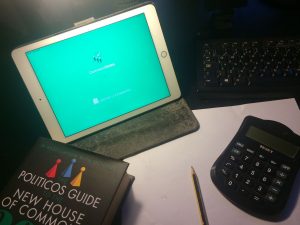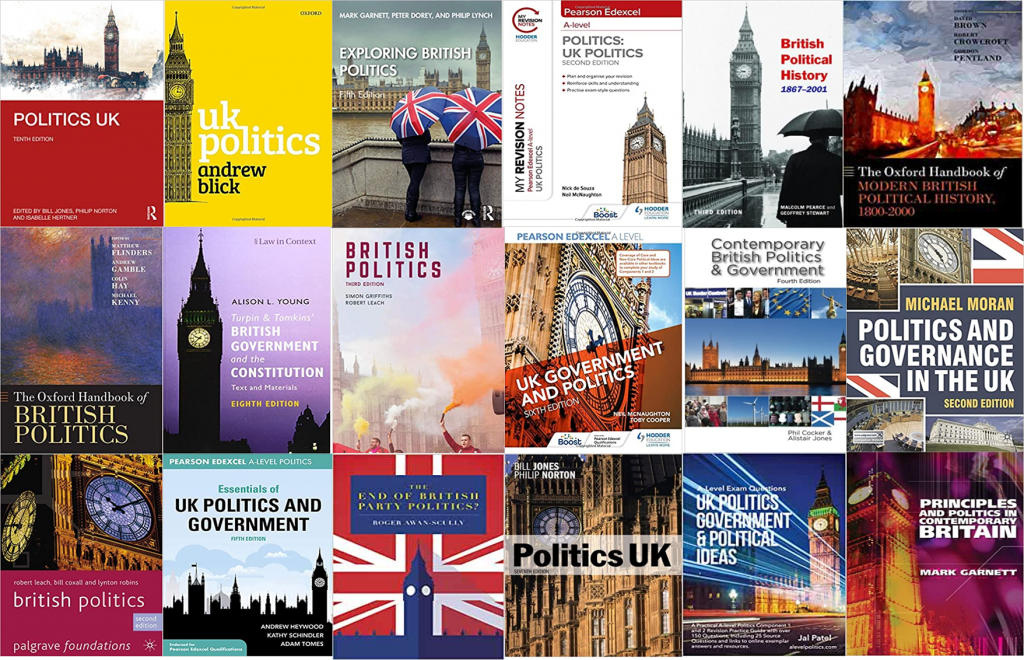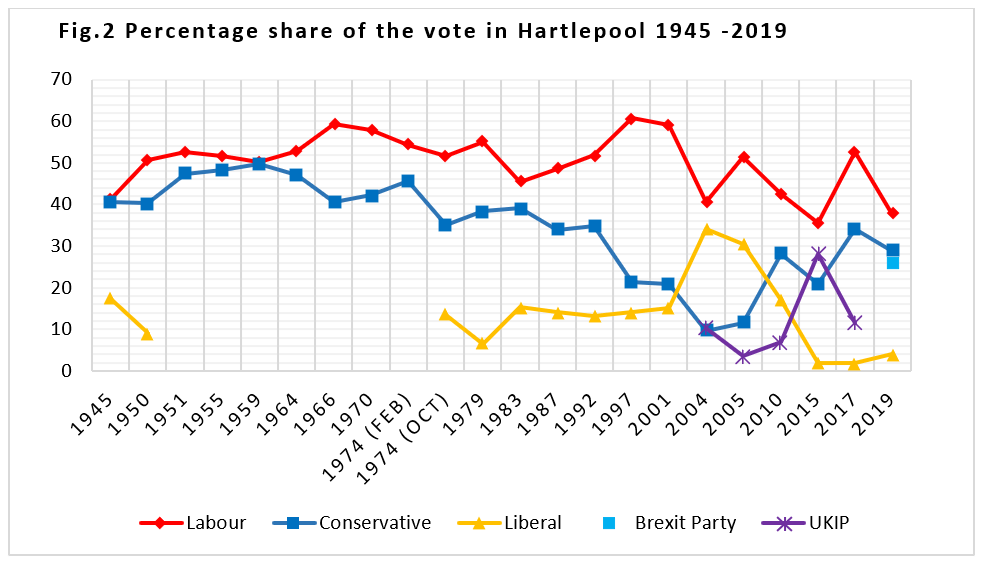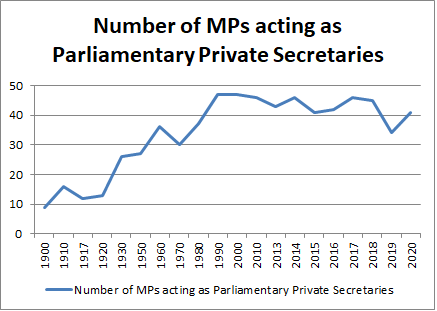 US President, Lyndon B. Johnson famously said the first rule of politics was to learn how to count. Politics is not all about voting, but in democracies it is the way in which governments attain power, and once they get it the means by which they drive through their legislative agenda. An ambitious programme for government is worth little if one doesn’t have the numbers to get elected and once elected to turn that programme into law.
US President, Lyndon B. Johnson famously said the first rule of politics was to learn how to count. Politics is not all about voting, but in democracies it is the way in which governments attain power, and once they get it the means by which they drive through their legislative agenda. An ambitious programme for government is worth little if one doesn’t have the numbers to get elected and once elected to turn that programme into law.
In majoritarian systems like the UK, governments hope to do this by winning a majority of seats in Parliament, but what constitutes a parliamentary majority is not always clear and may change over time. Indeed, a government’s majority may be different with each votes that passes.
What is a majority in the House of Commons?
There are 650 seats in the Houses of Commons. In order to be sure of securing their legislative agenda a government needs to hold more than half of those seats, that is 326 seats.
While a plurality (more than half) of the seats in parliament is the magic number on election night, the size of a government’s majority relates to how many more seats it has than all of the other parties in parliament combined. The government’s majority is simply how many more seats a governing party has than the rest of the parties. If the government held only 326 seats, the other parties in parliament would hold the remaining 324 seats giving the government a majority of 2. This is not a very secure majority and the government would need to ensure that most of its MPs were available to vote at almost every vote, but it is a majority
The current government was elected in 2019 with 365 seats, the total number of seats won by the remaining parties was 285, which meant that the government had a majority of 80.
There are, however, a number of MPs who don’t vote in parliament which in effect reduces the size of the House and lowers number of seats needed to have a plurality. The Speaker of the House of Commons by convention does not vote, the Speaker also has three deputies who also don’t vote. These four MPs are usually drawn equally from the two main parties in parliament. The current Speaker, Sir Lindsay Hoyle was elected as a Labour MP. The three deputy speakers are Dame Rosie Winterton who is also a Labour MP, and two Conservative MPs, Dame Eleanor Laing and Nigel Evans. These four MPs don’t vote, which brings the total number of voting MPs down to 646, and the number of seats needed for a majority down from 326 to 324.
In addition to the Speaker and his deputies, seven MPs were elected for the Irish republican party Sinn Fein. These MPs refuse to take the parliamentary oath of allegiance to the Queen and don’t take their seat at Westminster. This reduces the total number of voting MPs in the House of Commons by 11, bringing the size of the House down to 639 seats, and the number of votes needed for a majority down to 320.
The exclusion of MPs who don’t vote also changes the size of the government’s majority. In 2019, of the 639 seats held by voting MPs, 363 were held by Conservative MPs, while the remaining 276 were held by MPs from other parties, leaving the government in effect with a significantly larger majority of 87. This is what is known as the government’s working majority.
In practice then following the 2019 general election in order to win a vote in the House of Commons the government needed to secure at least 320 votes, out of the 363 Conservative MPs. This meant that more than 43 Conservative MPs would need to vote against the government (against the whip) in order for the government to lose a vote in the House of Commons.
How a government’s majority changes
A government’s majority can and often does change in the period between general elections. MPs choose to leave parliament to pursue other careers or through ill health and some may sadly die in office. These departures will result in a by-election which, depending on who wins, may alter the number of seats held by the government or opposition parties. Others may have the whip removed, essentially ejecting them from the parliamentary party. This may be for a variety of reasons: because they have broken parliamentary rules; or broken the law; or because they have refused to vote with the party in parliament. Although these MPs may still sit in parliament, and may continue to vote with their former party, they will not be counted amongst their former party’s MPs. If their behaviour has been sufficiently serious it may trigger a recall procedure which may force them to seek re-election.
All of the above events may result in by-elections which, depending on the result, may change a government’s majority, but it is worth remembering that because there is usually a period of time between an MP leaving parliament and a by-election being held to replace them all by-elections lead to a change in the parliamentary numbers, even if only for a short period of time.
There have been four by-elections since the current government was elected in December 2019. Two of these were held by the same party, in Airdrie and Shotts (SNP) and Batley and Spen (Labour). The Conservatives won the first by-election of the parliament in Hartlepool, briefly increasing their majority, but then lost the seat of Chesham and Amersham to the Liberal Democrats.
There are currently three vacant seats in Parliament, two caused by the death of sitting MPs, James Brokenshire who died of cancer in October and David Amess, who was murdered later the same month. Another by-election has been triggered by the resignation of the MP, Owen Paterson following his suspension from the House for breaching lobbying rules. The departure of these MPs means that the total number of voting MPs in the House of Commons is currently 636, which means 319 votes are needed to win.
Although this is only one less then following the 2019 election, all three of the vacant seats were previously held by Conservative MPs so their departures have had an impact on the government’s majority. In addition, two Conservative MPs have had the whip withdrawn since the 2019 election. Rob Roberts, the Conservative MP for Delyn was suspended from the Conservative Party in 2020 after being suspended from parliament for sexual misconduct. Imran Ahmad Khan, the Conservative MP for Wakefield was also suspended from the party pending trial for an alleged sexual offence.
The cumulative effect of the three pending by-elections and the two suspensions is that the number of seats held by Conservative MPs is currently 360, down from 365 following the 2019 election, and 358 voting members if one discounts the two deputy speakers. Although several opposition MPs have also been suspended by their parties (2 Labour, 1 each from Plaid Cymru and the SNP) as none have yet left parliament this doesn’t have an impact on the government’s majority which only relates to how many more MPs the government has than the remaining parties combined.
As things stand then, with 358 voting Conservative MPs, and 276 other voting MPs, the government has a working majority of 82, down from 87 following the general election.
Of course, with two by-elections scheduled for December and the third presumably shortly after, and the possibility, likelihood perhaps, of more suspensions or MPs stepping down as a result of the renewed focus on MPs second jobs and expenses, the numbers may change again very soon.
Why don’t all MPs vote in every vote?
Finally, why don’t all MPs vote in every vote in parliament and, if the government has a working majority of 82, why does it not win every vote in parliament by 82 votes?
It is relatively rare for all MPs who can vote to vote at the same time in the House of Commons and while it is rare for the government to lose a vote, the size of its majority will vary from vote to vote. In one recent, albeit slightly unusual, day in the House of Commons on different votes the government’s majority ranged from 18 to 275.
On any given day, a number of MPs will be away from the chamber on other business. Government ministers in particular may have a range of other responsibilities which mean that they can’t be in the House of Commons for every vote. For example, in the last week or so, a large number of ministers, as well as MPs from other parties, have been away from Westminster at the COP26 summit in Scotland. At the same time, some MPs may need to be away from the chamber on personal business, to attend family events such as weddings, funerals or school sports days or important events in their constituencies. In recent years MPs have also been given maternity and paternity leave and MPs, like the rest of us, are also occasionally unwell.
In order to allow MPs to be away from the chamber without affecting the outcome of a vote a system of pairing is in place in which an MP wishing to be absent is paired with an MP from an opposition party who will agree not to vote, in order balance the numbers. Pairing means that on any day the number of votes needed for a majority in the House of Commons will often be less than 326.
Pairing is a well-established convention which is administered by the party whips, but it is not without its controversies. In 2018, during the Brexit votes the Conservative Chief Whip told Conservative MPs to break their pairing arrangements including one with the Liberal Democrat MP, Jo Swinson, who had recently given birth.
Aside from mutual arrangements between MPs who wish to be away from the chamber for various reasons, whether MPs vote will depend on the importance of the vote and whether it is likely to be closely contested. There is a broad acceptance on the part of all parties that if a government has a large majority it can be assured of winning most votes and there is little point in testing this by forcing all of their MPs to vote on every issue. This is partly managed by the whips who will produce a weekly list of forthcoming parliamentary votes and underline them with one, two or three lines depending on how important the vote is. MPs can be assured that on a one-line whip a large number of MPs from both sides of the House will choose to absent themselves and they can safely avoid the vote with little consequence. Moreover, government and opposition parties may not consider the same votes to be important, consequently the difference between the number of government and opposition MPs voting may vary greatly and can exceed the government’s current working majority.
While there is likely to be considerable flexibility on some votes, choosing not to vote on a three-line whip is, however, likely to have serious consequences for the MP concerned. Nevertheless, MPs can and do express their objection to their own party’s position either by voting against the whip or by choosing not to vote at all.
The only votes that are counted at Westminster are those that are made either for or against by walking through the division lobbies. There is no formal mechanism for recording an abstention. At the same time MPs can simply choose not to vote in order to express their unhappiness with what they are being asked to vote on, by staying in the chamber or staying away. Some may wish to go further and vote against their party and vote with the opposition. Although such rebellions, or cross-party voting, are relatively rare in the House of Commons they have become more common in recent years.
One prominent recent example, of both of these things, and of the importance of the parliamentary arithmetic, was the vote for the amendment to overturn the suspension of the Conservative MP, Owen Paterson, and change the standards procedure for the House of Commons. Although the government, in a break with precedent, whipped the vote, only 247 of a possible 358 Conservative MPs voted with the government. Of the 111 Conservative MPs who didn’t support the vote, 13 voted against, which means that 98 did not vote. Some of those 98 MPs would have been paired with opposition MPs who also weren’t in the chamber. However, as only 56 opposition MPs did not vote, at least 41 of the Conservative MPs who didn’t vote with the government could not have been paired with an opposition MP and consequently didn’t vote for some other reason entirely.
That in short is how a government with a working majority of 80, can win a parliamentary vote by only 18.

 While updating my textbook review this year and prompted in part by the publication of several new texts, I was struck by the remarkable lack of variety in the selection of cover images for UK politics textbooks. More specifically I was struck by the ubiquity of the Palace of Westminster or more often one part of the Palace, the clock tower, known to most as the home of Big Ben.
While updating my textbook review this year and prompted in part by the publication of several new texts, I was struck by the remarkable lack of variety in the selection of cover images for UK politics textbooks. More specifically I was struck by the ubiquity of the Palace of Westminster or more often one part of the Palace, the clock tower, known to most as the home of Big Ben.



